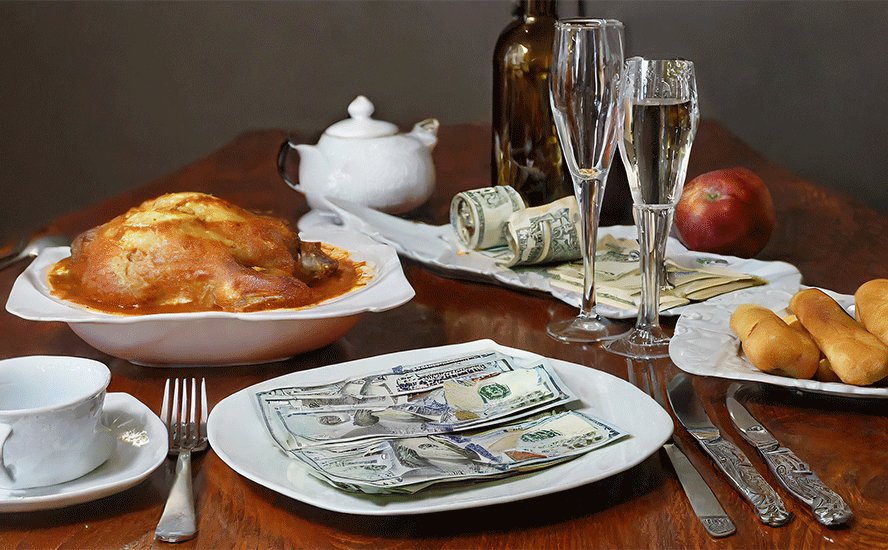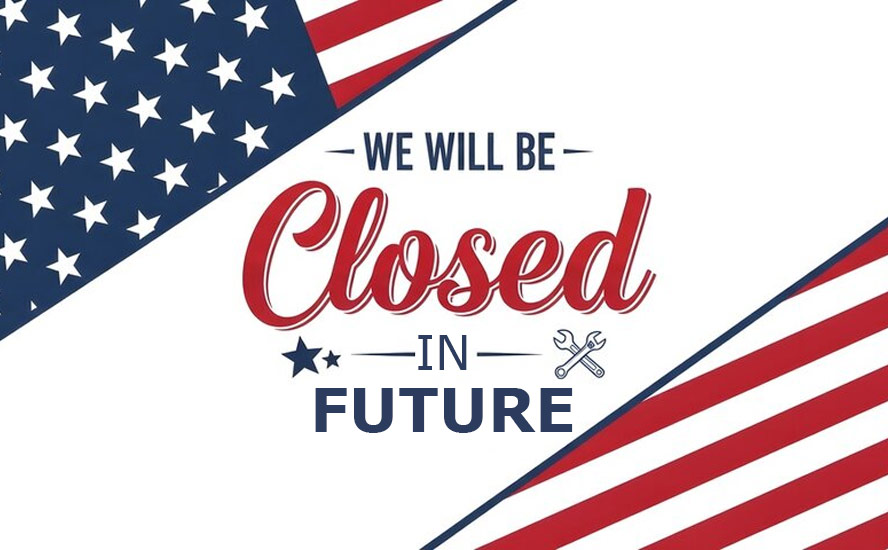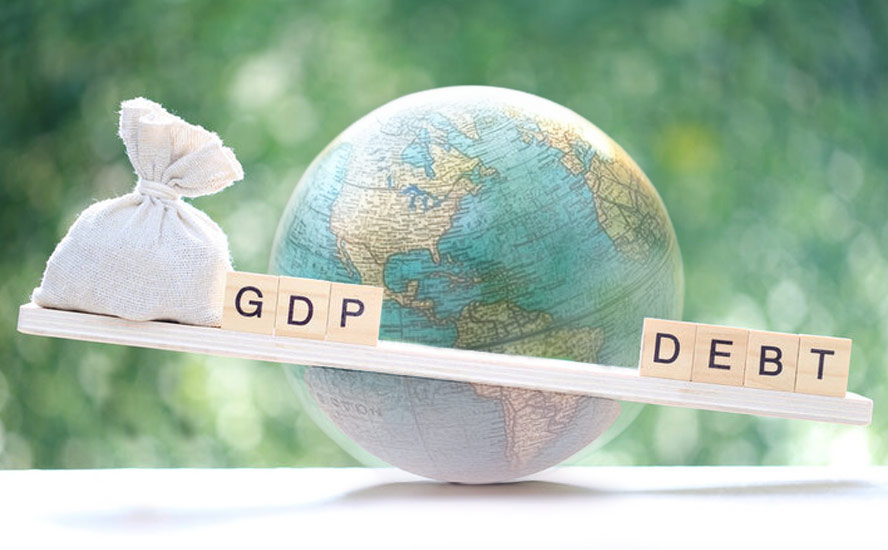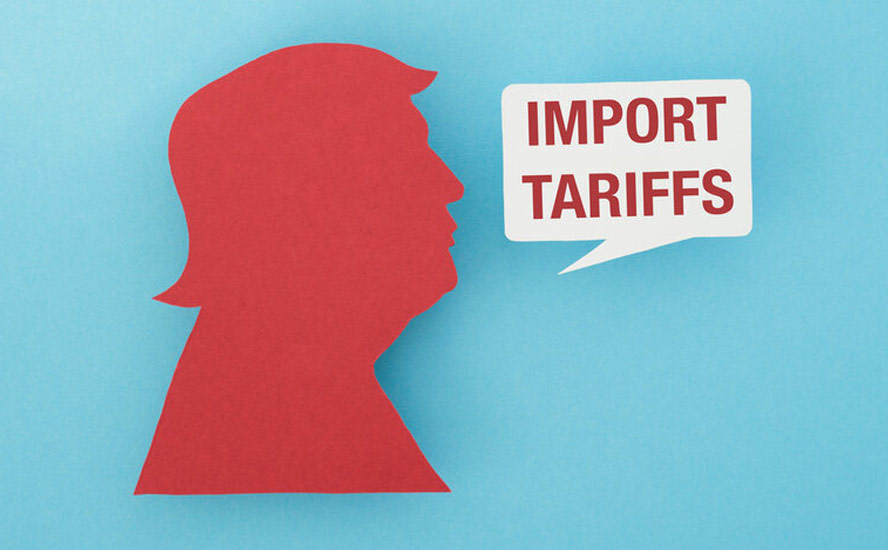China’s yuan is nowhere close to displacing the greenback
From The Ecomonist
AFTER THE collapse of the Bretton Woods system of fixed exchange rates in 1973 the prestige of the dollar looked gutted. America had devalued its currency twice in scarcely a year. “The dollar is regarded all over the world as a sick currency,” said a writer in the New York Times; predictions of falling use of the greenback were rife. Those views, notes Barry Eichengreen of the University of California, Berkeley, in his book “Exorbitant Privilege”, could not have been more wrong. America’s share of the global economy, measured at PPP, did fall from 27% to 23% by 2000. But as the rest of the world parked its growing wealth in New York and governments built up reserves with which to defend their currencies, demand for dollars grew.
Legal Notice / Disclaimer
Ahead of the Herd newsletter, aheadoftheherd.com, hereafter known as AOTH.Please read the entire Disclaimer carefully before you use this website or read the newsletter. If you do not agree to all the AOTH/Richard Mills Disclaimer, do not access/read this website/newsletter/article, or any of its pages. By reading/using this AOTH/Richard Mills website/newsletter/article, and whether you actually read this Disclaimer, you are deemed to have accepted it.
Share Your Insights and Join the Conversation!
When participating in the comments section, please be considerate and respectful to others. Share your insights and opinions thoughtfully, avoiding personal attacks or offensive language. Strive to provide accurate and reliable information by double-checking facts before posting. Constructive discussions help everyone learn and make better decisions. Thank you for contributing positively to our community!
1 Comment
Leave a Reply Cancel reply
You must be logged in to post a comment.





























#BrettonWoods #ExorbitantPrivilege